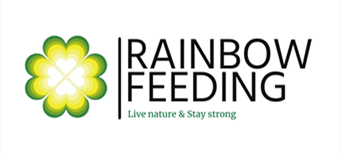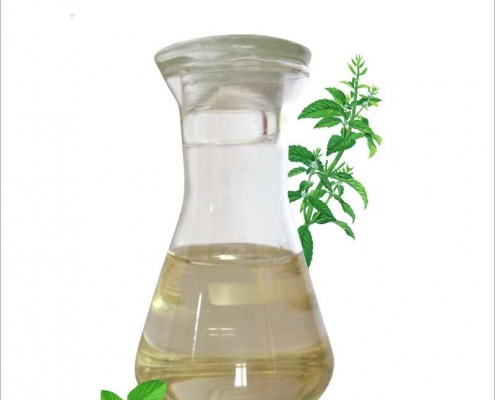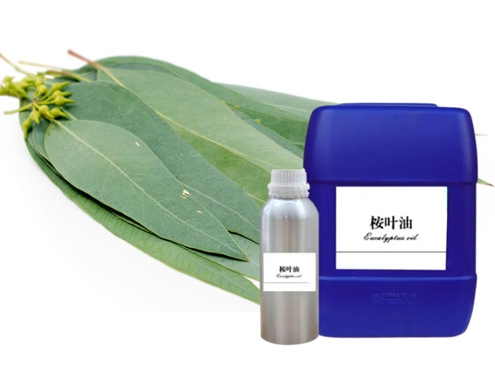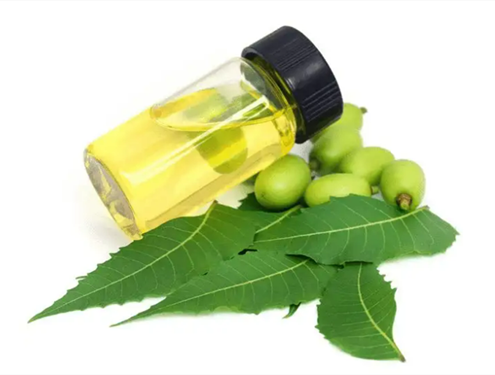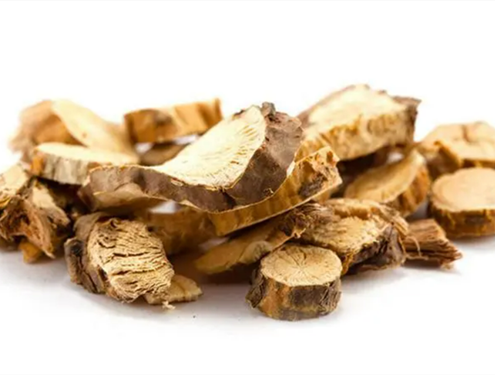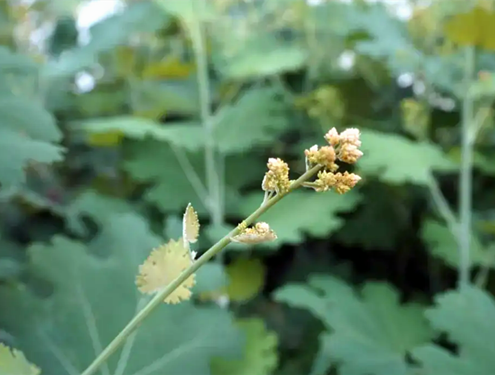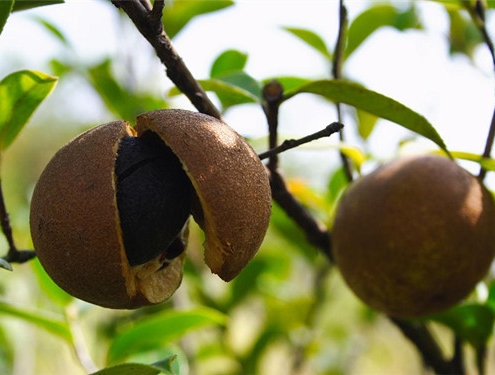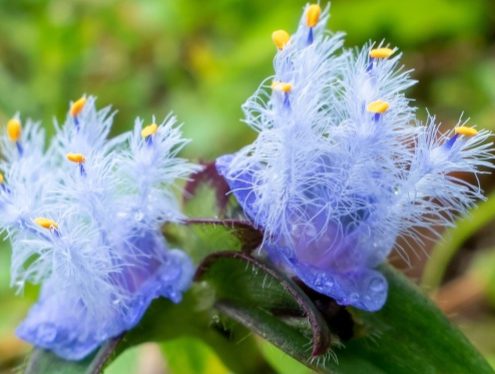
Biological pesticide (biogenic pesticides) refers to the direct use of biological metabolism process of bioactive substances or substances extracted from organisms are pesticides for controlling diseases and insect pests. Biogenic pesticides are processes that control and regulate the growth, development and reproduction of various harmful organisms. According to the use of biogenic insecticides, biogenic fungicides, biogenic herbicides and plant growth regulators are more used in organic agriculture. Herb ingredients for insecticide can be a safe and effective way to control insect pests in your garden and farm. Herb ingredients are very effective as insect repellents and can be used alone or in combination to boost insecticidal properties, some can be lethal to some insect eggs. Mature products in this market are pyrethrin, rotenone, azadirachtin, matrine, picotensin, veratrine, allicin, osmanthus, and sanguinarine, etc.
Q&A
What are natural pesticides?
Natural pesticides, also known as biopesticides, are pest control substances derived from natural materials such as plants, bacteria, and certain minerals. These environmentally friendly alternatives to synthetic pesticides often include herbal extracts with insecticidal or repellent properties.
Which herbal plants are commonly used as insecticides?
Several herbal plants are known for their insecticidal properties:
- Neem (Azadirachta indica)
- Pyrethrum (Chrysanthemum cinerariifolium)
- Rotenone (derived from derris root)
- Garlic (Allium sativum)
- Marigold (Tagetes species) These plants contain compounds that can repel or kill various insect pests.
What is the most effective natural extract oil in bug repellent?
While effectiveness can vary, citronella oil is widely regarded as one of the most effective natural bug repellents. Other potent natural ingredients include neem oil, eucalyptus oil, and peppermint oil. The efficacy often depends on the specific pest and application method.
What are the active ingredients of insect repellents for plants and vegetables?
Common active ingredients in natural insect repellents for plants and vegetables include:
- Azadirachtin (from neem)
- Pyrethrins (from chrysanthemum flowers)
- Capsaicin (from hot peppers)
- Essential oils (e.g., peppermint, rosemary, thyme)
- Diatomaceous earth (a natural silica-based powder)
What are some advantages of using herbal extract-based pesticides over synthetic ones?
Herbal extract-based biopesticides are often less harsh on the environment and beneficial insects compared to synthetic pesticides. Advantages of herbal extract-based pesticides include:
- Lower environmental impact
- Reduced risk of pest resistance
- Safer for beneficial insects and pollinators
- Often safer for use around humans and pets
- Typically break down more quickly in the environment
- Can be suitable for organic gardening and farming
- May have additional benefits like improving soil health
Are biopesticide ingredients safe for use around edible plants?
Many biopesticide ingredients derived from herbal extracts are considered safe for use around edible plants when used as directed. However, it’s important to follow application instructions carefully, observe pre-harvest intervals, and wash produce thoroughly before consumption. Always check product labels for specific safety information.
